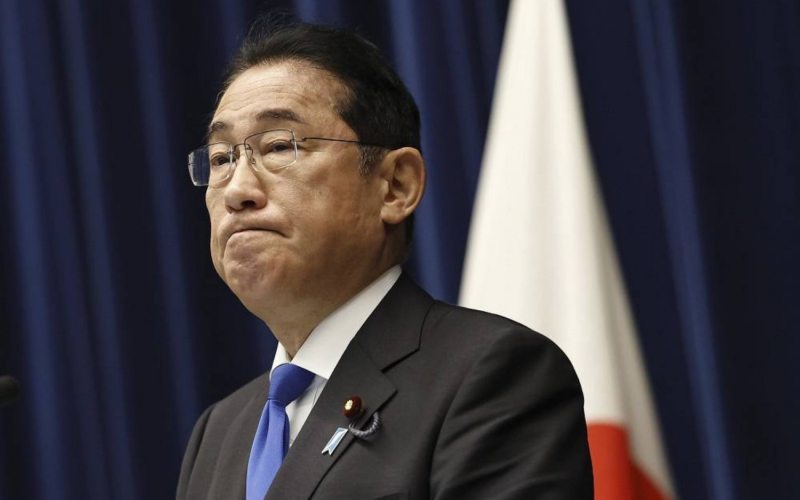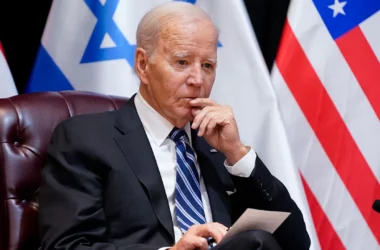In a surprising move, Japanese Prime Minister Fumio Kishida announced on Wednesday that he will not seek re-election in the upcoming party leadership vote in September, effectively stepping down as the country’s leader. This decision comes amid plummeting approval ratings and declining public support, largely due to corruption scandals within his party.
Kishida, who has served as president of the ruling Liberal Democratic Party (LDP) since 2021, will see his three-year term conclude next month. His withdrawal from the leadership race clears the path for a new prime minister, as the LDP holds the majority in both houses of parliament.
“We need to clearly show an LDP reborn,” Kishida stated during a news conference. “In order to show a changing LDP, the most obvious first step is for me to bow out.”
Kishida’s tenure has been marred by scandals involving unreported political funds and allegations of money-for-favor politics, which have significantly eroded public trust. Despite efforts to address these issues, including the removal of several Cabinet ministers and the dissolution of party factions tied to the corruption, his government’s approval ratings have dropped below 20%.
Kishida emphasized the importance of regaining public trust in politics and called on potential leaders within the LDP to engage in active policy debates during the upcoming campaign. “Once a new leader is decided, I hope to see everyone unite and form a dream team to achieve politics that can gain public understanding,” he said.
Speculation has already begun regarding his successor, with potential candidates including LDP Secretary-General Toshimitsu Motegi, Digital Minister Taro Kono, Economic Security Minister Sanae Takaichi, and Foreign Minister Yoko Kamikawa. The LDP is expected to decide on the date for the leadership election next week, after which the winner will be endorsed as the new prime minister in a parliamentary vote.
Kishida’s departure marks a significant moment for the LDP, which has faced mounting pressure for a fresh face ahead of the next general election, especially following major losses in recent local elections. His resignation not only signals a shift in Japan’s political landscape but also reflects the challenges the LDP faces in restoring public confidence amidst ongoing scandals.








